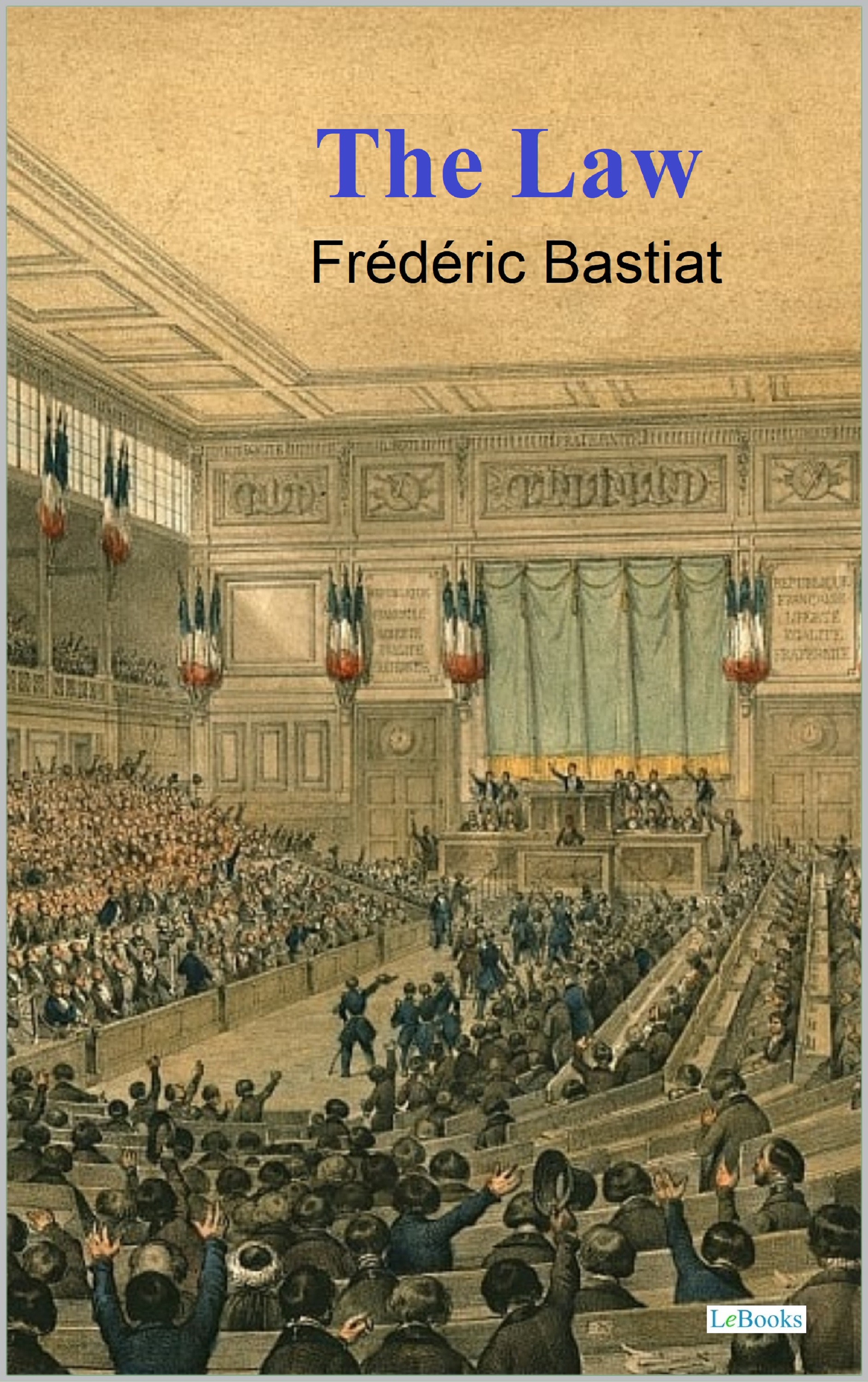
The Law, written by Frédéric Bastiat in 1850, is a foundational text in classical liberal and libertarian thought. In this concise yet powerful treatise, Bastiat argues that the proper purpose of law is to protect individual rights—specifically life, liberty, and property. He warns against the perversion of law into a tool for "legal plunder," where the state violates these rights by redistributing wealth and enforcing social agendas under the guise of justice.
With clarity and forceful logic, Bastiat defends limited government, voluntary exchange, and the moral foundation of a free society. He critiques socialism and interventionist policies, asserting that when the law goes beyond its legitimate function, it fosters injustice rather than curbing it.
Since its publication, The Law has influenced generations of thinkers and remains a key work in discussions about personal freedom, economic liberty, and the role of the state. Bastiat's unwavering commitment to individual rights and his accessible writing style have helped the text endure as a powerful argument for freedom rooted in natural law.
Its lasting relevance lies in its timeless message: that the law must never become a weapon of oppression, but a safeguard of liberty. In a world still grappling with the balance between authority and freedom, The Law remains as urgent and compelling as ever.